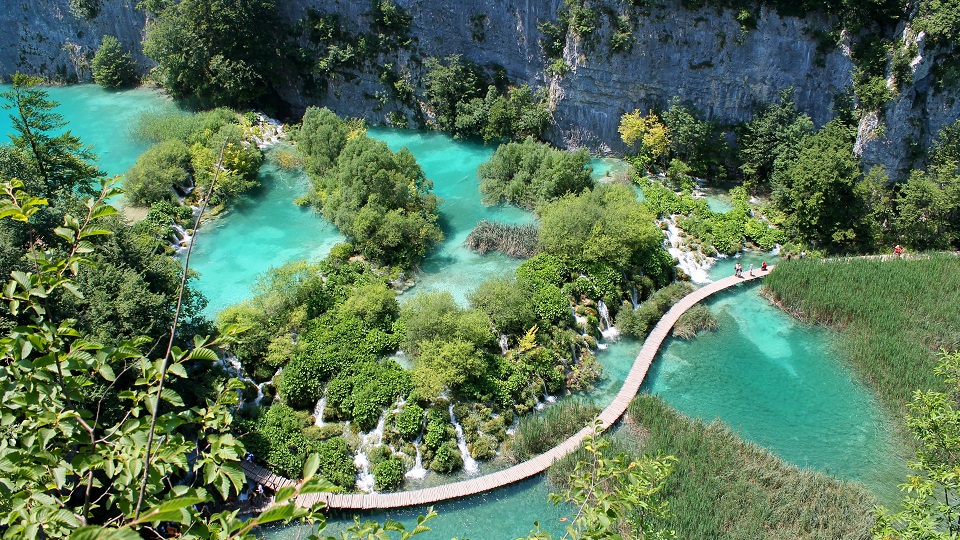Croatia Earned 134.5 Million EUR from Foreign Film Productions
Since 2012, Croatia has received 1 billion Kuna (134.5 Million EUR) from foreign production companies which have filmed at our locations, said Krešimir Partl, State Secretary of the Ministry of Culture, at the MAKK 2019 International Authors/Creators’ Conference on Friday.
More Interest in Croatia Locations
According to PoslovniDnevnik on November 30, 2019; Partl added that he expects even more interest in Croatia from foreign film producers, not only because of an array of attractive locations, but because of the advancement of the Croatian film industry.
"They come here because the locations suite them, and because of our incentive system for creative industries. We’ve raised incentives to 25 percent. When foreign producers film in Croatia, they employ our production services, and receive a 25 percent of the return on their local consumption," Partl noted.
He added that foreign producers are very interested in filming in our locations, which significantly contributes to the development of our local communities and tourism and has an interesting effect on some of our competing countries.

Plitvice Lakes | Pascal Habermann | Unsplash
Tourism Increased at Film Locations
"Specifically, because of the sequel to 'Mamma Mia', which was filmed in Vis, the Greek culture minister resigned because Greece had lost that opportunity. But we should also note that we have had an increase in tourists visiting locations where 'Robin Hood', 'Star Wars', 'Mamma Mia' were filmed", Partl revealed.
"Currently, there is so much filming in Croatia that there is not enough local set staff to cover production needs," Partl said, highlighting the benefits of incentives in other sectors of the creative industry, including video (computer) games, which were included for the first time in the law on audiovisual activities.
Croatia Video Game Sector
"The video game sector is also very important in the transition period, with about 18 per cent of audiovisual specialists working in the video game industry at the EU level. The video game industry has grown 50 per cent in Croatia annually and is currently generating income of around HRK 400 million a year (54 Million EUR)," Partl added.
He mentioned the video game "Scum" which was developed by Croatian gamers and was at one time the best-selling game in the world. He announced possible incentives for further stimulating this industry which are modeled after the film industry similar industries in the incentive system.
"Within the contemporary financial perspective and national development strategy, the Ministry of Culture is placing a great emphasis of the on the creative sector. The position of the Ministry of Culture is that culture is not an expense. Rather culture, especially the creative sector, is an extremely important factor which plays a significant role in the national GDP and small investments which can also create many jobs”, said Partl.
Creatives 7.5 Percent of EU Workforce
He also pointed out that nearly 11.2 percent of all EU businesses are in the cultural and creative industries, which accounts for between 4 and 6.9 percent of the EU's GDP and employing between 3.8 and 7.5 percent of the total workforce.
Partl cited additional his involvement in the Ministry of Culture, which has adopted new legislation related to the cultural and creative industries. He reiterated that the Electronic Media Act will soon be open to public debate and announced that the draft Act on Performing Art and Encouraging Art Creativity is in its final phase.
The 2019 MAKK (International Authors/Creators’ Conference) also hosted lectures on the impact of the Copyright and Related Rights Directive in the EU's digital single market for newspaper publishers and author’s rights for journalists and other "creatives".
For more information on the Croatian film industry, film productions and locations; follow our Made in Croatia page here or our Lifestyle page here.
Small Korčula Municipality Boasts Family Incentives
In the last six years, a period of time which has seen about 380,000 people leave Croatia, just two families left this island municipality...

